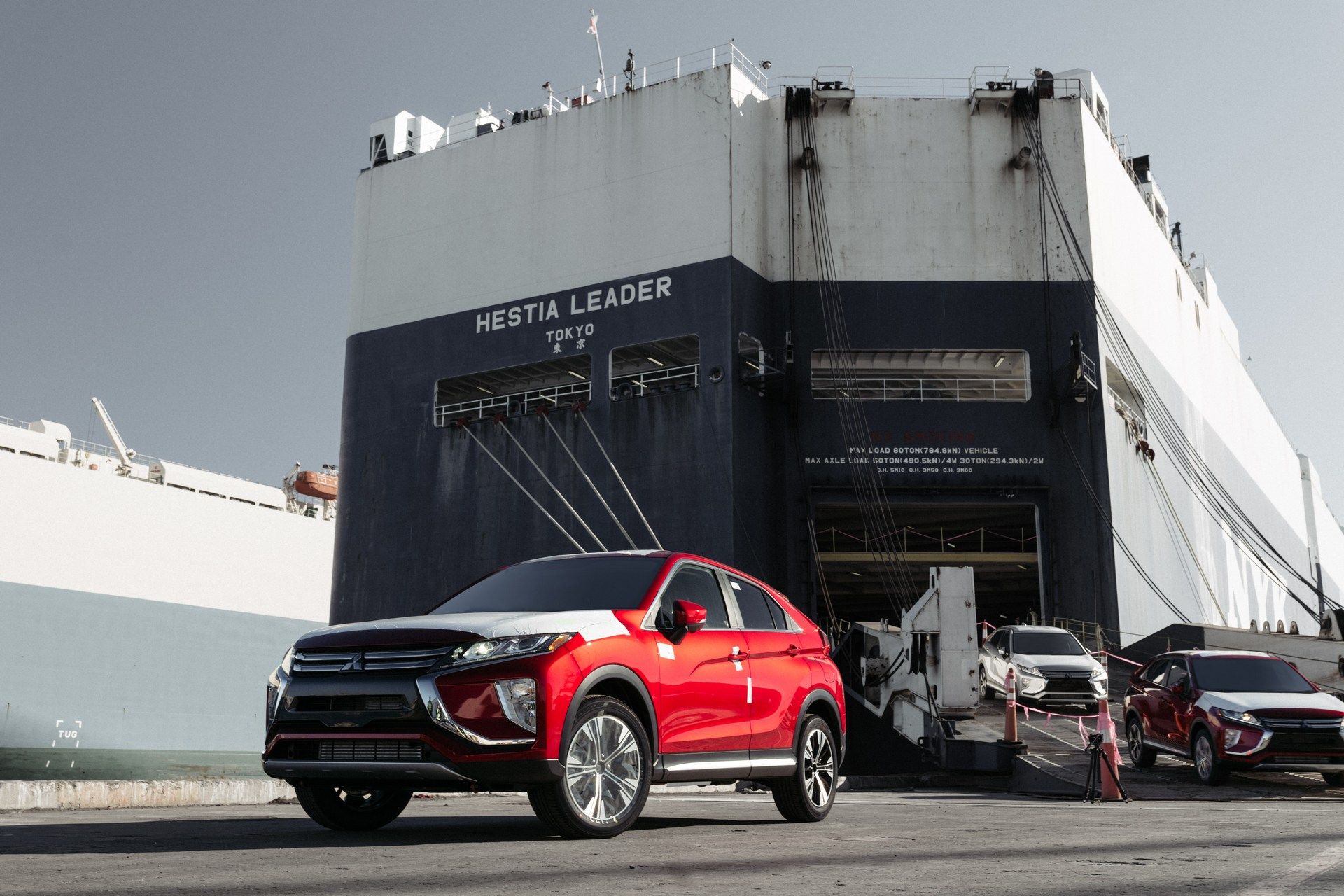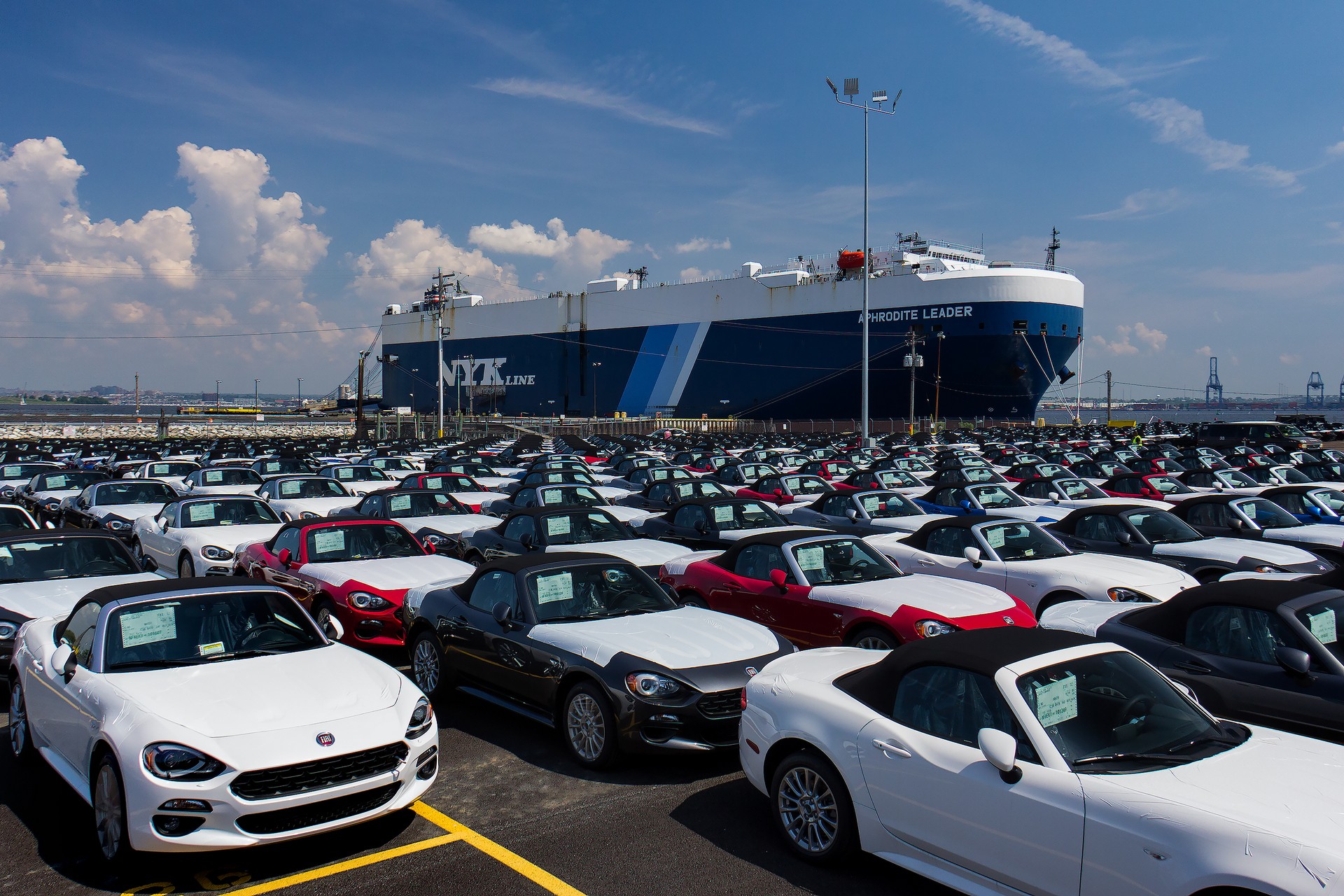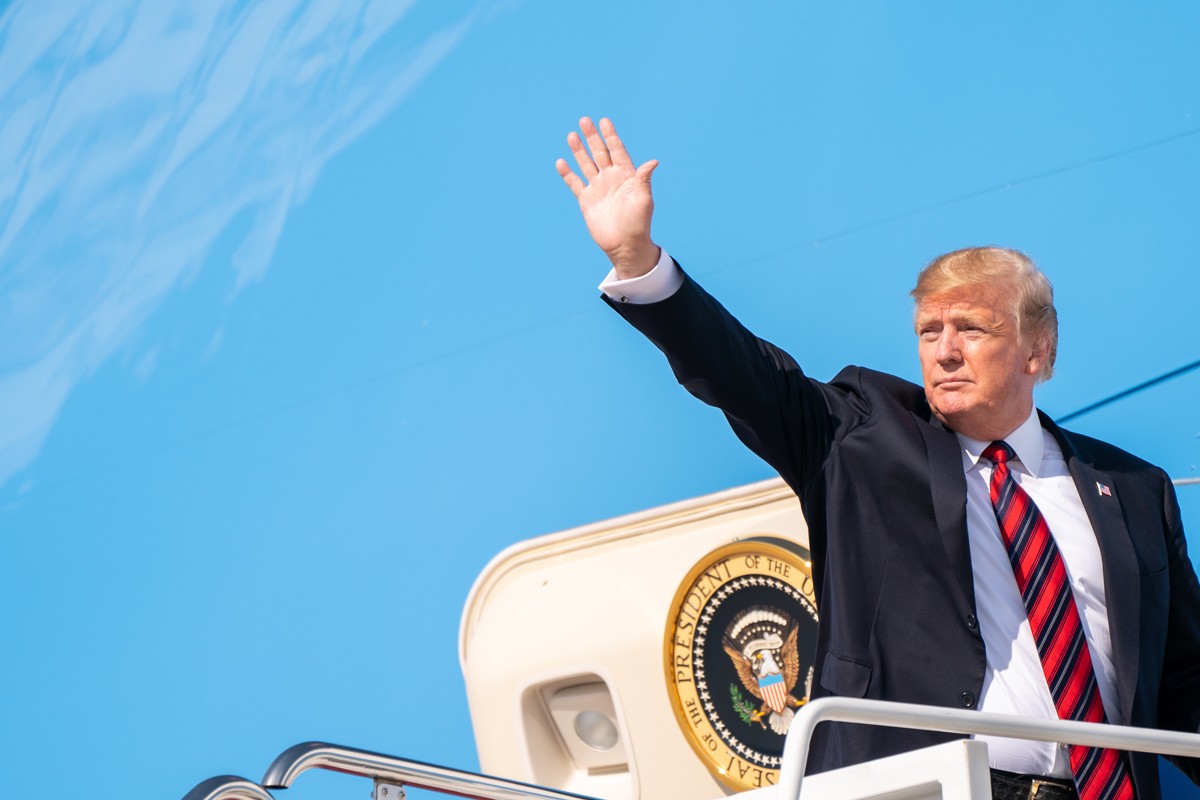President Trump has issued a proclamation directing the United States Trade Representative to negotiate agreements to address the national security threat posed by automotive imports.
According to the White House, the Department of Commerce’s report on the issue “concluded that imports of automobiles and certain automobile parts threaten to impair the national security of the United States.” The administration went on to say the country’s military superiority and defense are dependent on the competitiveness of the domestic auto industry and the research that it generates.
As a result, President Trump has directed Trade Representative Robert Lighthizer to conduct negotiations to rectify the issue. The administration was vague on what this entails, but the proclamation seeks to “address the threatened impairment of … national security with respect to imported automobiles and certain automobile parts from the European Union, Japan, and any other country the Trade Representative deems appropriate.”
The proclamation goes on to say “domestic conditions of competition must be improved by reducing imports.” It also says the government needs to “adjust automotive imports so that they will not threaten to impair … national security.” This suggests the administration could be eyeing quotas or something similar.
Regardless of what the government has planned, Lighthizer has 180 days to complete the negotiation process. If agreements aren’t reached by then, the “President will determine whether and what further action needs to be taken.” That’s open ended, but Trump has repeatedly threatened to slap tariffs of automotive imports.
Despite the focus on national security, the issue really comes down to money and market share. As President Trump noted, “American-owned producers’ share of the global automobile market fell from 36 percent in 1995 to just 12 percent in 2017.” The administration also claims American-made automobiles now account for only 22 percent of automobiles sold in the United States.
Speaking of money, the government said over $191 (£150 / €171) billion worth of automobiles were imported in the United States in 2017. The administration also claimed “Unfair trade barriers, like those in the European Union, Japan, and other countries, further exacerbate the effects of imports on American automobile producers.”
It’s interesting to note that South Korea was excluded from the list, but it appears this was a result of the “significantly” improved United States-Korea Free Trade Agreement. According to the administration, that deal included “key improvements to help protect America’s automobile industry.”
Most automakers have been tight-lipped about the proclamation, but Toyota came out swinging calling it a “major set-back for American consumers, workers and the auto industry.” In particular, the company said it directly and indirectly employs over 475,000 people in the United States and has invested over $60 (£47 / €54) billion in the country. Toyota claims the proclamation sends a message that their “investments are not welcomed, and the contributions from each of our employees across America are not valued.”
Also Read: Trump Invokes National Security To Investigate Auto Imports, Could Lead To 25% Tariffs
Toyota went on to say limiting imported parts will impact all automakers since components are globally sourced. The company added that imposing quotas on imports would negatively impact consumers as they would have to pay higher prices and have less vehicles to choose from.
While Toyota was highly critical of the announcement, the company said “We remain hopeful that the upcoming negotiations on trade can be resolved quickly and yield what is best for the American consumer, workers and the auto industry.”







